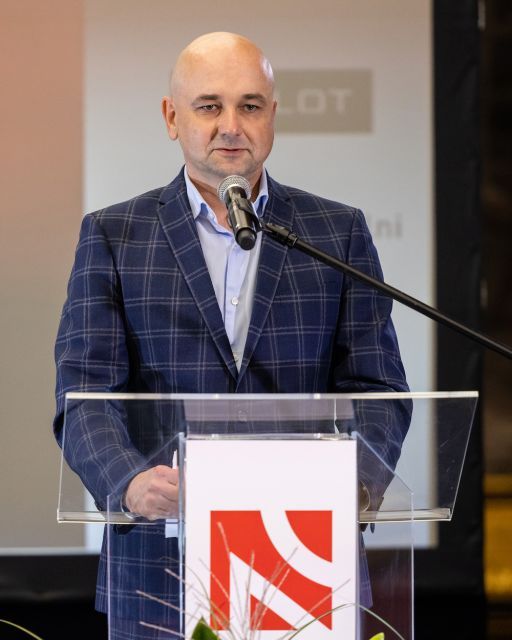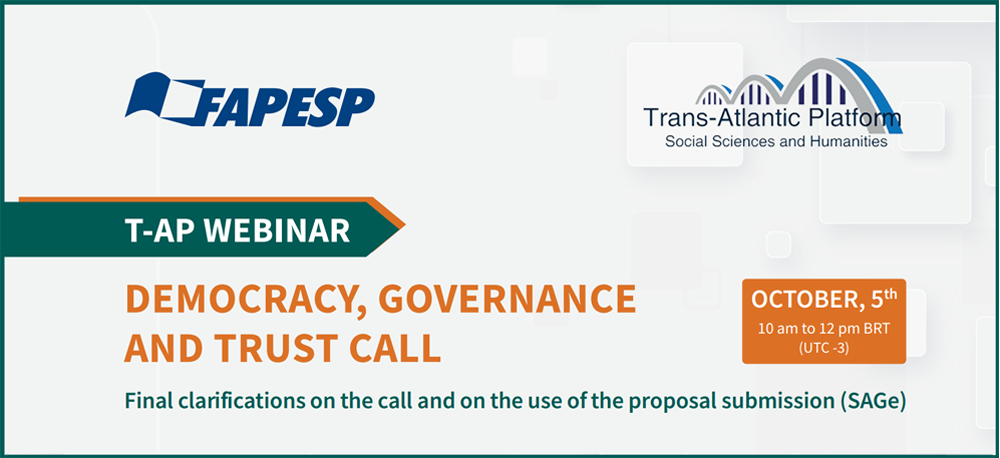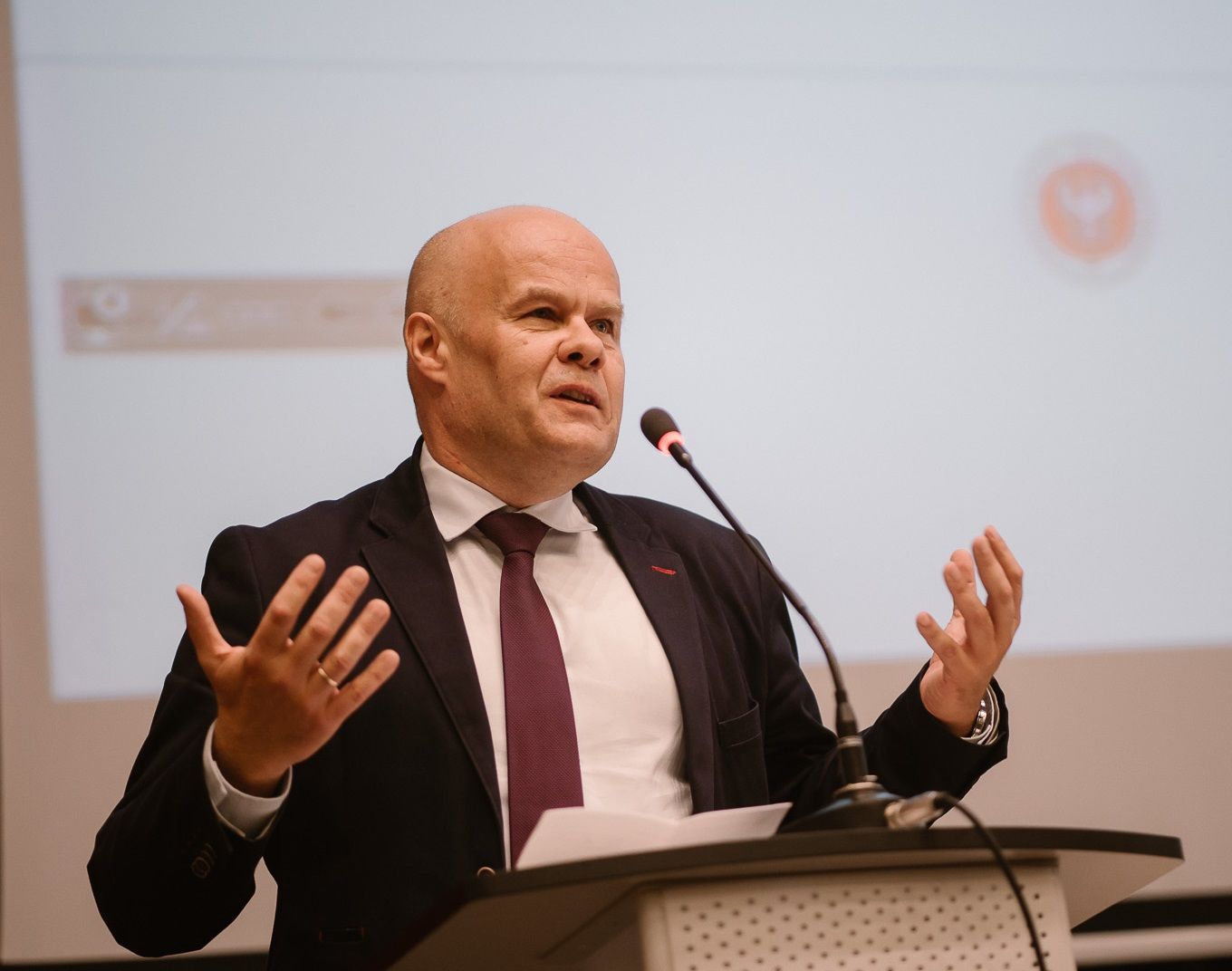Waiting for appointment
“I was and I am still ready to step up as NCN Director”, says Prof. Krzysztof Jóźwiak from the Medical University of Lublin, who has been waiting for his appointment since February, in an interview published by “Forum Akademickie” on 2 October.
 prof. Krzysztof Jóźwiak
The NCN Council voted to submit the candidacy of Prof. Krzysztof Jóźwiak for the role of NCN Director to the Ministry of Education and Science more than seven months ago. The professor has been waiting for his appointment ever since.
prof. Krzysztof Jóźwiak
The NCN Council voted to submit the candidacy of Prof. Krzysztof Jóźwiak for the role of NCN Director to the Ministry of Education and Science more than seven months ago. The professor has been waiting for his appointment ever since.
“I don’t even know why my appointment has been delayed so much, nobody has told me”, the scientist says, “We were expecting it to happen according to the term schedule, in early March. The Ministry of Education and Sciences has never tried to contact me, neither then nor at any later time. I don’t understand the reason for this delay”, he adds.
The journalist, Mariusz Karwowski, also asked Jóźwiak about his opinion of our agency. “I believe the NCN is one of the greatest success stories in institutional science in Poland”, Professor Jóźwiak says, “Over the last ten odd years, we have been able to win renown and international recognition. For many people working abroad, the NCN is an argument that shows you can do quality science at Polish research centres, so it makes sense to come here to pursue your research career. I would even risk the statement that what the NCN has to offer can potentially reverse the direction of the brain drain. Of course, this is not yet a large-scale phenomenon, it’s not a great change, but most researchers have already observed these effects at their institutions. I definitely do see it at my own university. Thanks to the prospects offered by the NCN, we have a constant influx of “fresh blood” and the newcomers expect the system to continue to work in the current paradigm”, he says.
Full text of the interview in the online edition of “Forum Akademickie”:
In September, “Forum Akademickie” and “Gazeta Wyborcza” also published two interviews with Prof. Zbigniew Błocki, interim NCN Director, who, among other topics, discussed the appointment of his successor:
On 2 October, „Gazeta Wyborcza” published an interview with Prof. Marcin Pałys, Chair of the Main Council on Science and Higher Education, who also addressed the issue of the NCN. “In order to grow, science must be done at autonomous institutions, meaning those that do not follow orders tied to any specific political denomination, worldview or religion. Research funding is one of the elements that determine the autonomy of a university to the greatest extent. If research-funding institutions are not independent, they will restrict autonomy rather than protect it. They will not guarantee a separation between politics and science; instead, they will serve as a tool of political control over science”, Pałys warns.


